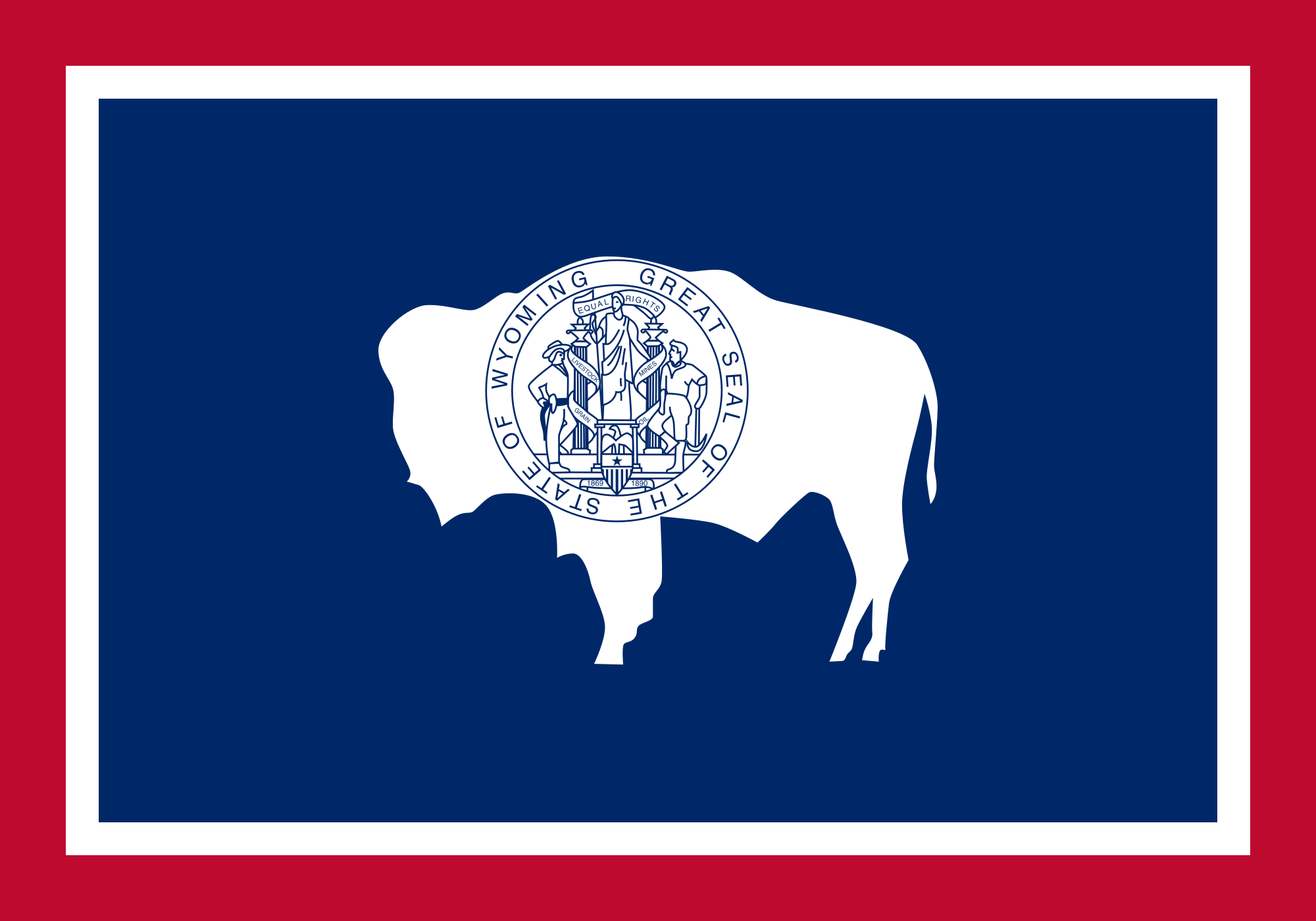SVIalpine.com is made possible thanks to a partnership between SVI Media, the Alpine Travel & Tourism Board and the Town of Alpine.
© 2024 SVI Media
Proudly built by Wyomingites in Wyoming

• Requirements and implications for small businesses.
*Editors Note – After the radio interview with Mr. Hirschi and following the written publication of this article in the Star Valley Independent, further developments have occurred regarding the Corporate Transparency Act. Specifically a pearl court issued a nationwide preliminary injunction, temporarily halting enforcement of the beneficial ownership information reporting requirement. “I have looked into it from several sources and read through portions of the court’s decision. It does appear that the law is currently on hold,” Heath Hirschi said to SVI following the new information.”
*Original Story*
In a recent radio interview, Heath Hirschi, an attorney with Luthi and Voyles in Thayne, discussed the implications of the Corporate Transparency Act (CTA), which went into effect on January 1, 2024. This legislation aims to combat money laundering and other financial crimes by requiring businesses to disclose their ownership structures.
Hirschi specializes in estates and trusts, real estate, and small business law, and he has been closely monitoring developments related to the CTA. “The law was designed to prevent individuals from using shell corporations to hide their criminal activities,” he explained. While Hirschi acknowledges the importance of addressing financial crime, he also expresses concern over the law’s impact on small businesses, describing it as potentially overbearing and an invasion of privacy that many business owners find unnecessary.
Under the CTA, all businesses formed by filing documents with the Secretary of State, including corporations and limited liability companies, must file an official ownership report with the U.S. Department of the Treasury’s Financial Crimes Enforcement Network (FinCEN). This report requires detailed information about the business and its owners, aimed at ensuring transparency and preventing secretive ownership.
For businesses established before January 1, 2024, the deadline to submit this form is December 31, 2024. New businesses formed after this date are required to file within 90 days. Failure to comply can lead to significant penalties, amounting to $591 per day until the report is filed.
The filing process involves providing the business name, state of organization, current physical address, business tax ID number, and personal information for each owner holding at least 25% of the business or involved in substantial decision-making. While there are exemptions for nonprofits, banks, and insurance companies, most small businesses will need to comply.
Hirschi noted that a recent meeting of the Eleventh Circuit indicated a lack of movement toward declaring the CTA unconstitutional. For more information and to file the necessary forms, business owners can visit boirusa.org
.
SVIalpine.com is made possible thanks to a partnership between SVI Media, the Alpine Travel & Tourism Board and the Town of Alpine.
© 2024 SVI Media
Proudly built by Wyomingites in Wyoming
